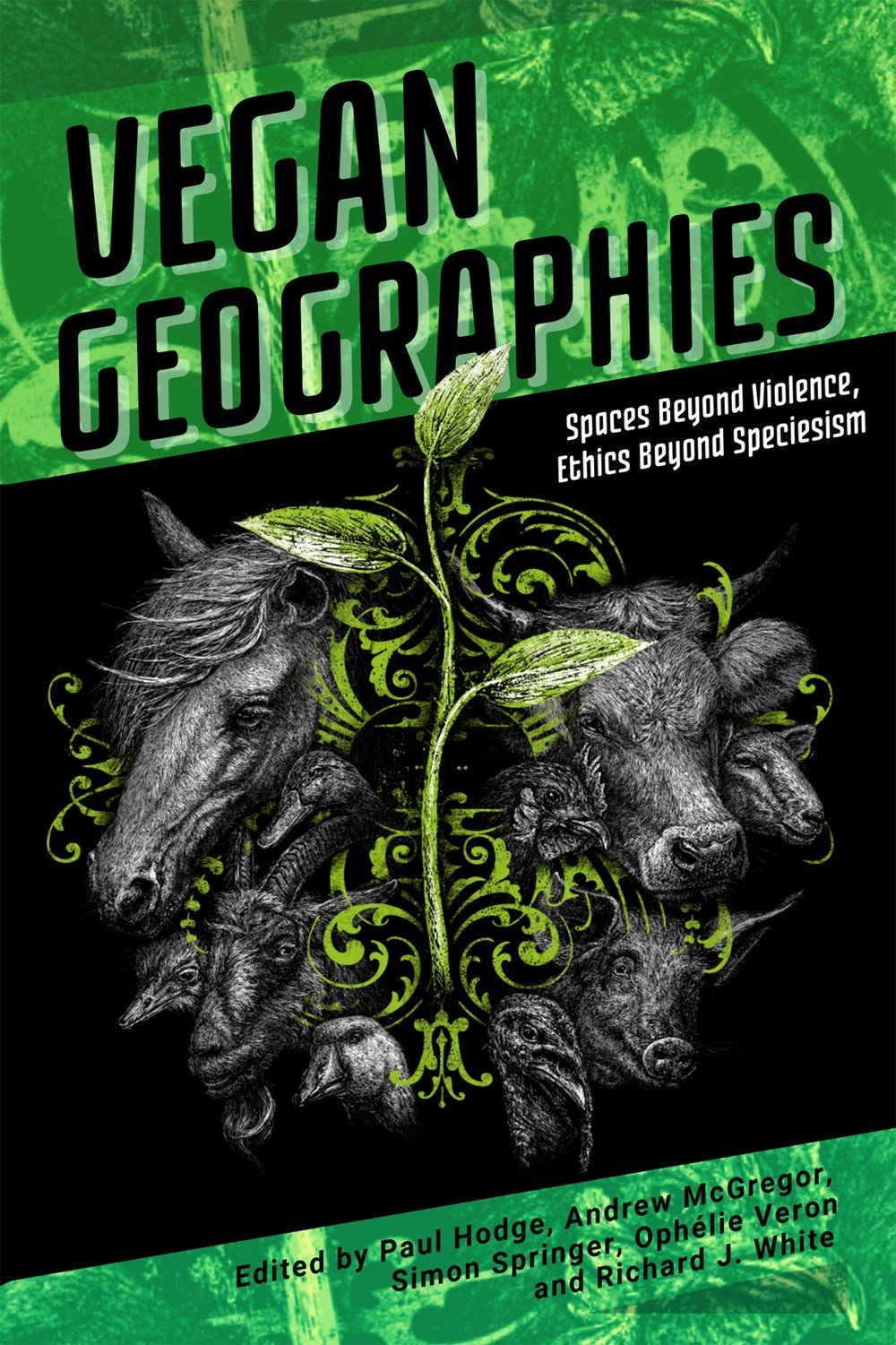Vegan Geographies
Spaces Beyond Violence, Ethics Beyond Speciesism

Fourteen chapters from international geographers and cultural analysts, academic and otherwise, on veganism as a conceptual and physical space.
Veganism as an ethics and a practice has a recorded history dating back to antiquity. Yet, it is only recently that researchers have begun the process of formalising the study of veganism. Whereas occasional publications have recently emerged from sociology, history, philosophy, cultural studies, or critical animal studies, a comprehensive geographical analysis is missing. Until now. In fourteen chapters from a diverse group of scholars and living practitioners, Vegan Geographies looks across space and scale, exploring the appropriateness of vegan ethics among diverse social and cultural groups, and within the midst of broader neoliberal economic and political frameworks that seek to commodify and marketise the movement.
Vegan Geographies fundamentally challenges outdated but still dominant human–nature dualisms that underpin widespread suffering and ecological degradation, providing practical and accessible pathways for people interested in challenging contemporary systems and working collectively toward less destructive worlds.

Simon Springer is a professor of human geography, the head of discipline for Geography and Environmental Studies, and the director of the Centre for Urban and Regional Studies at the University of Newcastle, Australia. His research agenda explores the social and political exclusions of neoliberalism, where he emphasizes the geographies of violence and power. He cultivates a cutting-edge theoretical approach to his scholarship through a radical revival of anarchist philosophy.
